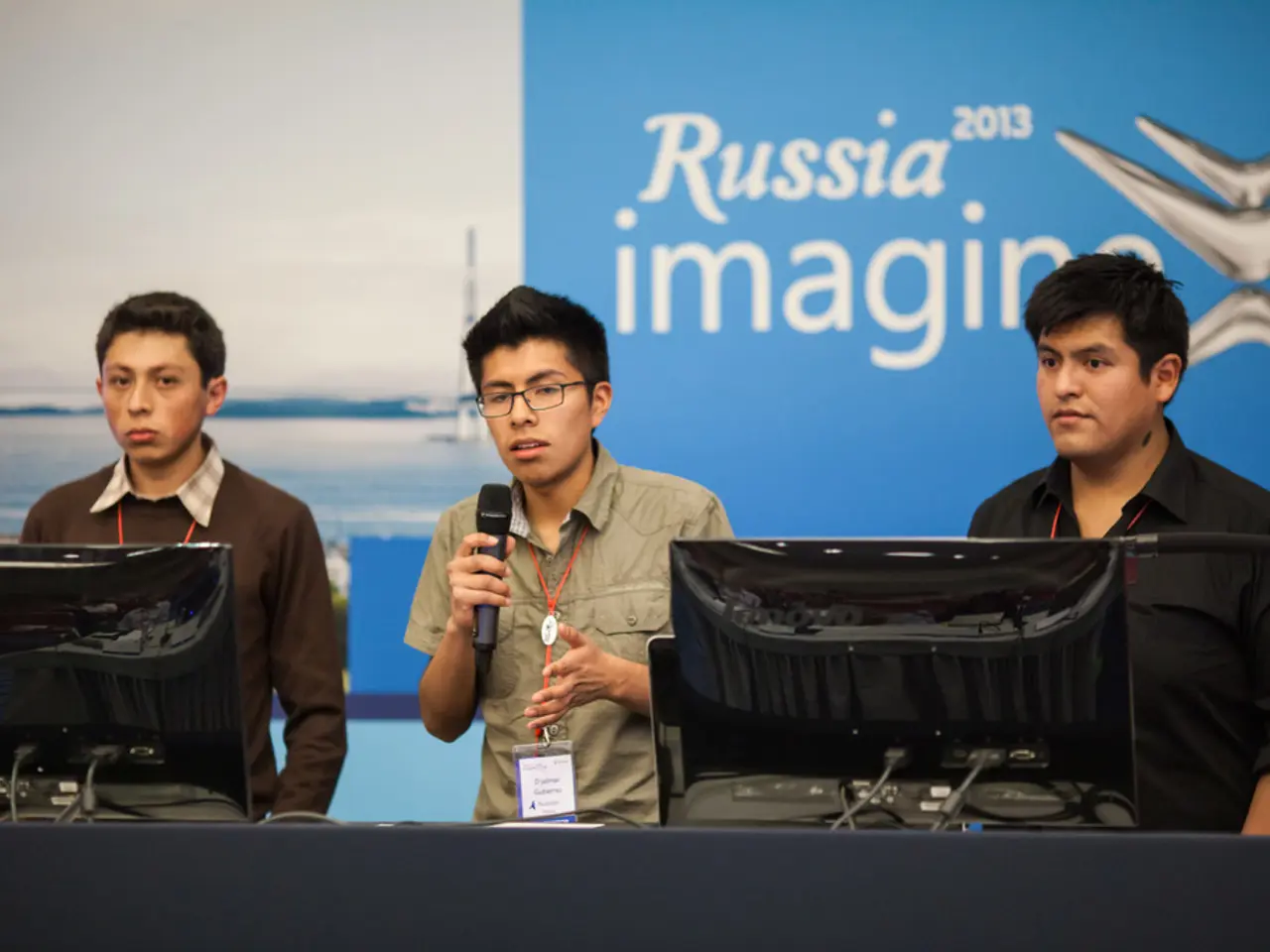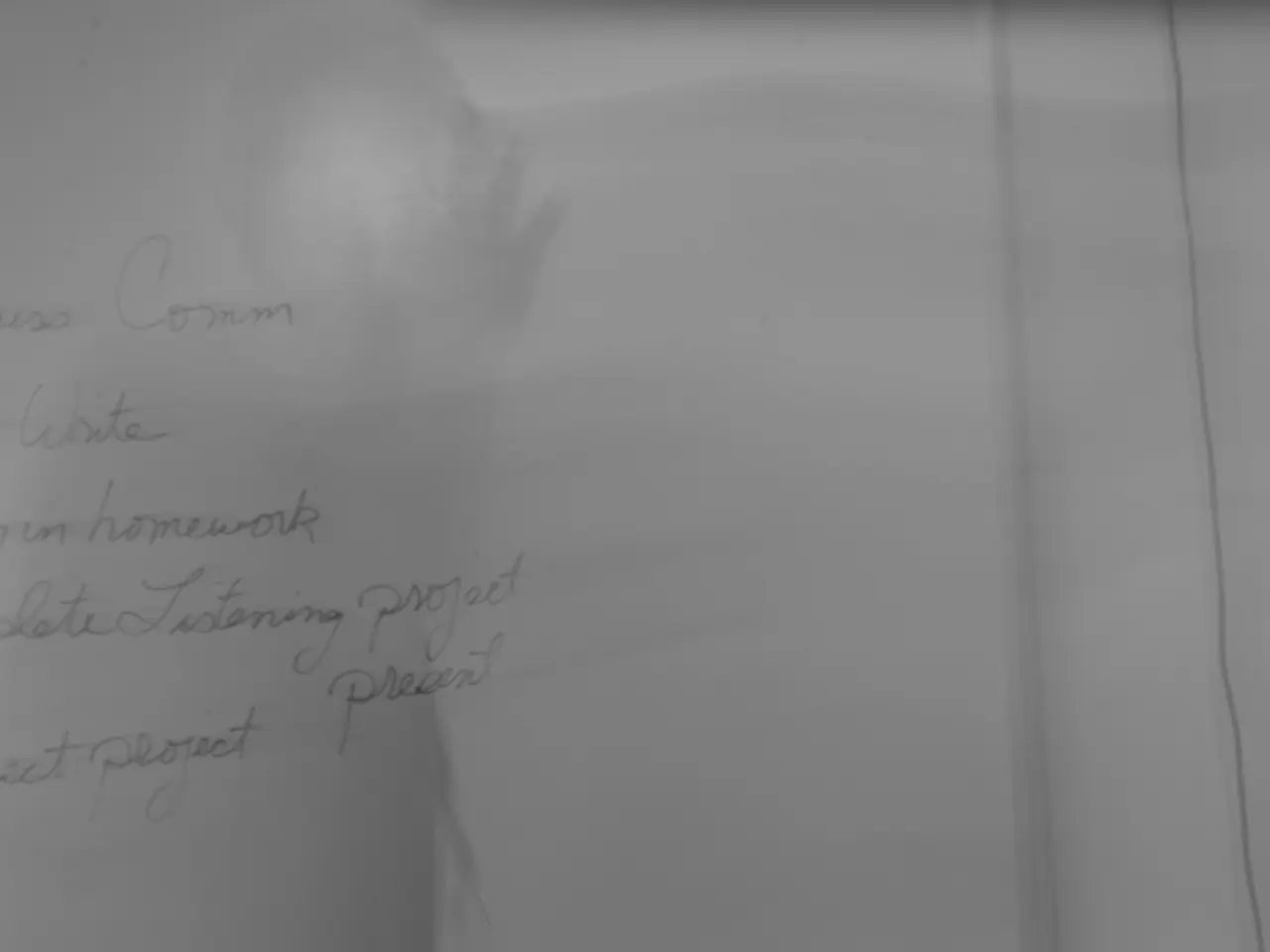Border controls in Poland extended until 4th October
Poland Extends Temporary Border Controls with Germany Until October 2025
Poland has announced an extension of its temporary border controls with Germany until October 4, 2025. The decision was made in response to Germany's tightened border controls and immigration policy, which Poland claims has increased migration pressure on its borders.
The controls, initially implemented on July 7, 2023, were initially planned to last for 30 days. However, due to their effectiveness in reducing illegal crossings and the continued impact of Germany’s policies, the Polish government has decided to extend them.
Germany reintroduced and tightened its border controls in October 2023 and further toughened migration enforcement from May 2025 under Chancellor Friedrich Merz, leading to the deportation of significantly more migrants. Poland argues that Germany’s controls essentially push undocumented migrants into Poland, increasing Poland’s border security burden.
The border checks cover many locations along the German and Lithuanian borders and involve random inspections by border guards, police, and military units. They focus on vehicle and passenger checks without erecting physical barriers.
The Polish Prime Minister, Donald Tusk, has stated that the border control measures would remain in place depending on Germany’s policies. The affected neighboring EU countries have also been informed, and Poland’s European partners understand the extension.
Between July 7 and July 30, a total of 243,683 people and 110,212 vehicles were checked at the German border crossings by Poland. During this period, entry to Poland was refused to 105 people, and 6 migrants were rejected for entry to Germany.
The extension also applies to the border with Lithuania. Poland took in 72 people rejected by Germany, and in two other cases, admission was refused. The European Commission has been notified of the extension.
Prime Minister Tusk made the end of this measure dependent on decisions by the German government. The extension was made after a meeting with representatives of regional authorities on illegal migration. The border controls were initially planned to end on August 5, but the decision was made on Friday.
In September, Poland will decide on the next steps based on data from border guards, military, and police. Alexander Dobrindt, Federal Interior Minister of Germany, had previously welcomed the Polish controls as "an important step in joint action against illegal migration." The Polish government followed suit under pressure from right-wing citizen militias in July. Interior Minister Dobrindt ordered more intensive border controls and the rejection of asylum seekers at the border shortly after the new federal government took office in May.
The border controls have led to illegal migrants and Belarusian and Russian intelligence services shifting to other borders, according to Polish Interior Minister Marcin Kierwinski. The extension of controls was coordinated with and notified to the European Commission and neighboring EU countries, with them expressing understanding.
- The extension of Poland's border controls, initially implemented in response to Germany's immigration policy, has been deemed necessary due to the continued impact of Germany’s policies on migration pressure at Poland's borders.
- As Germany tightens its border controls and immigration policy, the politics of immigration and border security in the EU continues to be a point of contention, leading to calls for further measures like the extension of Poland's border controls with Germany.






